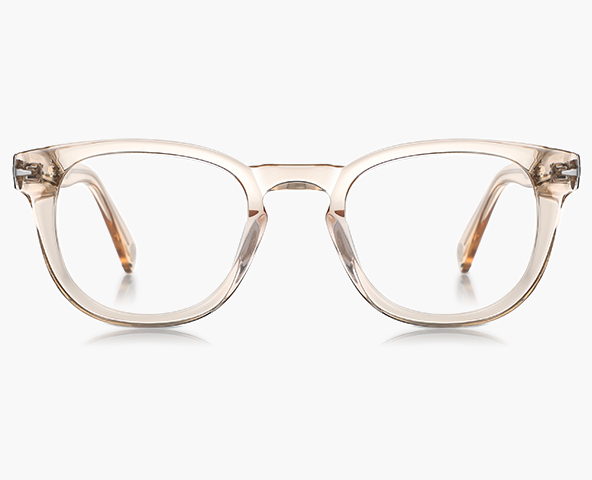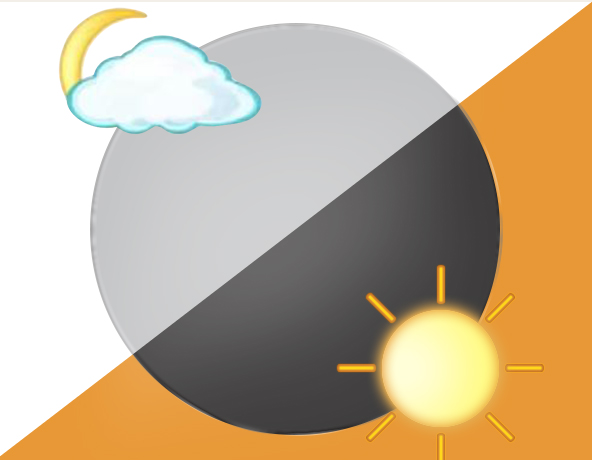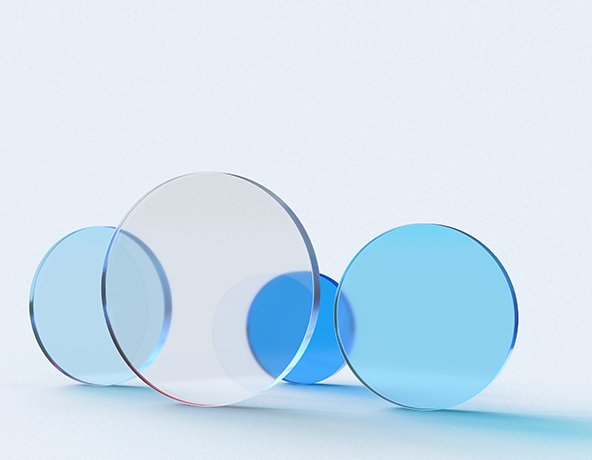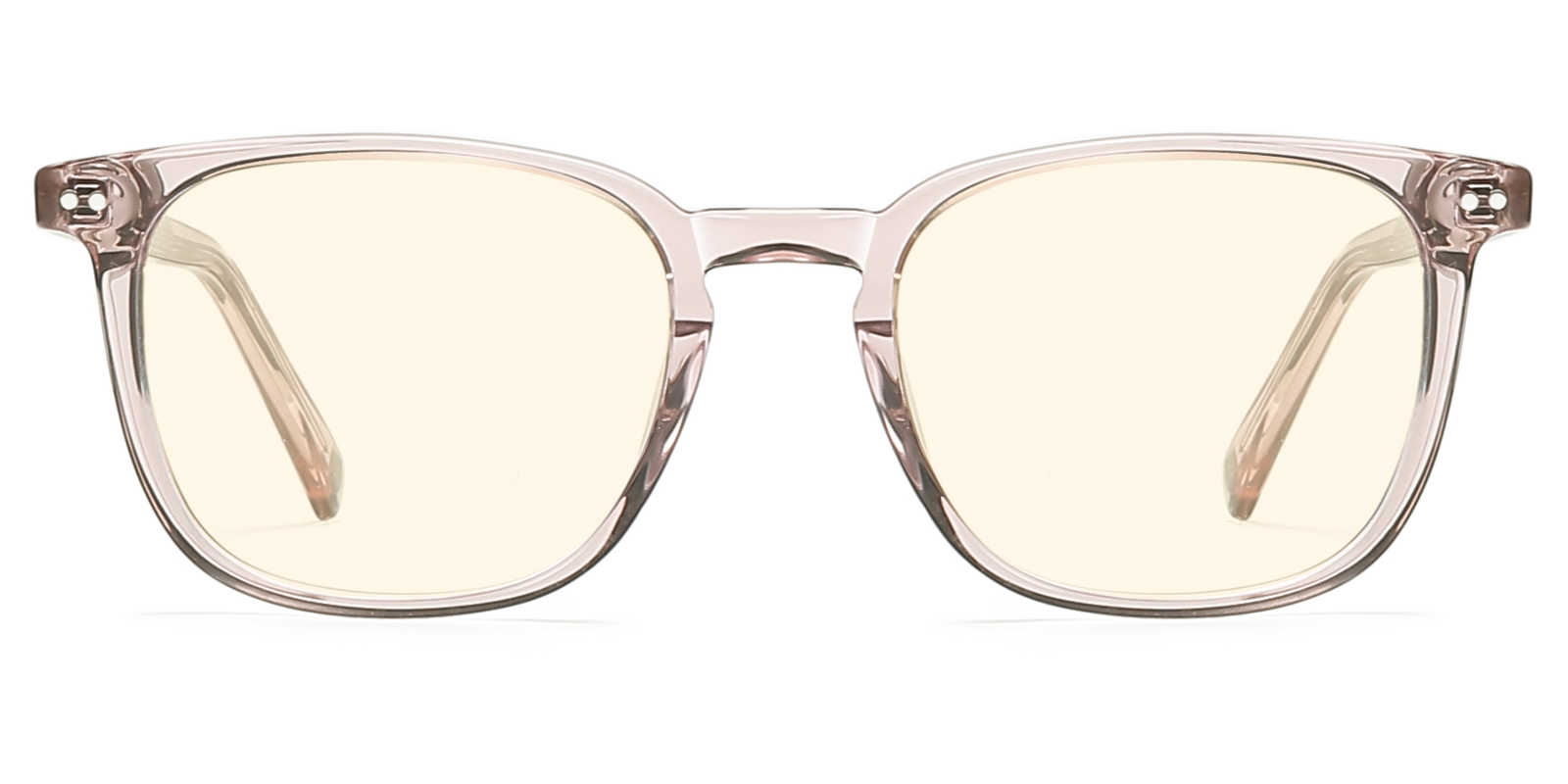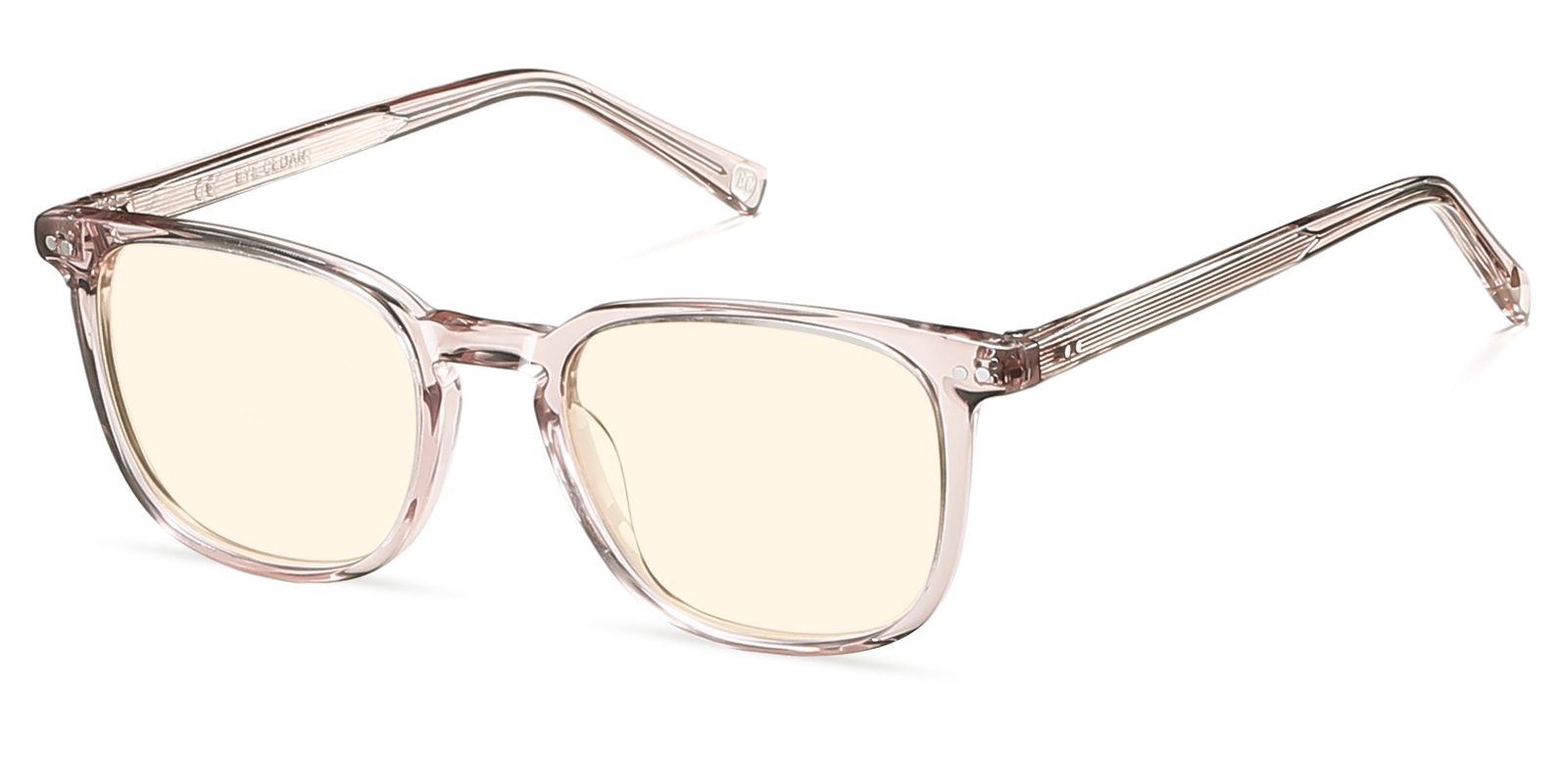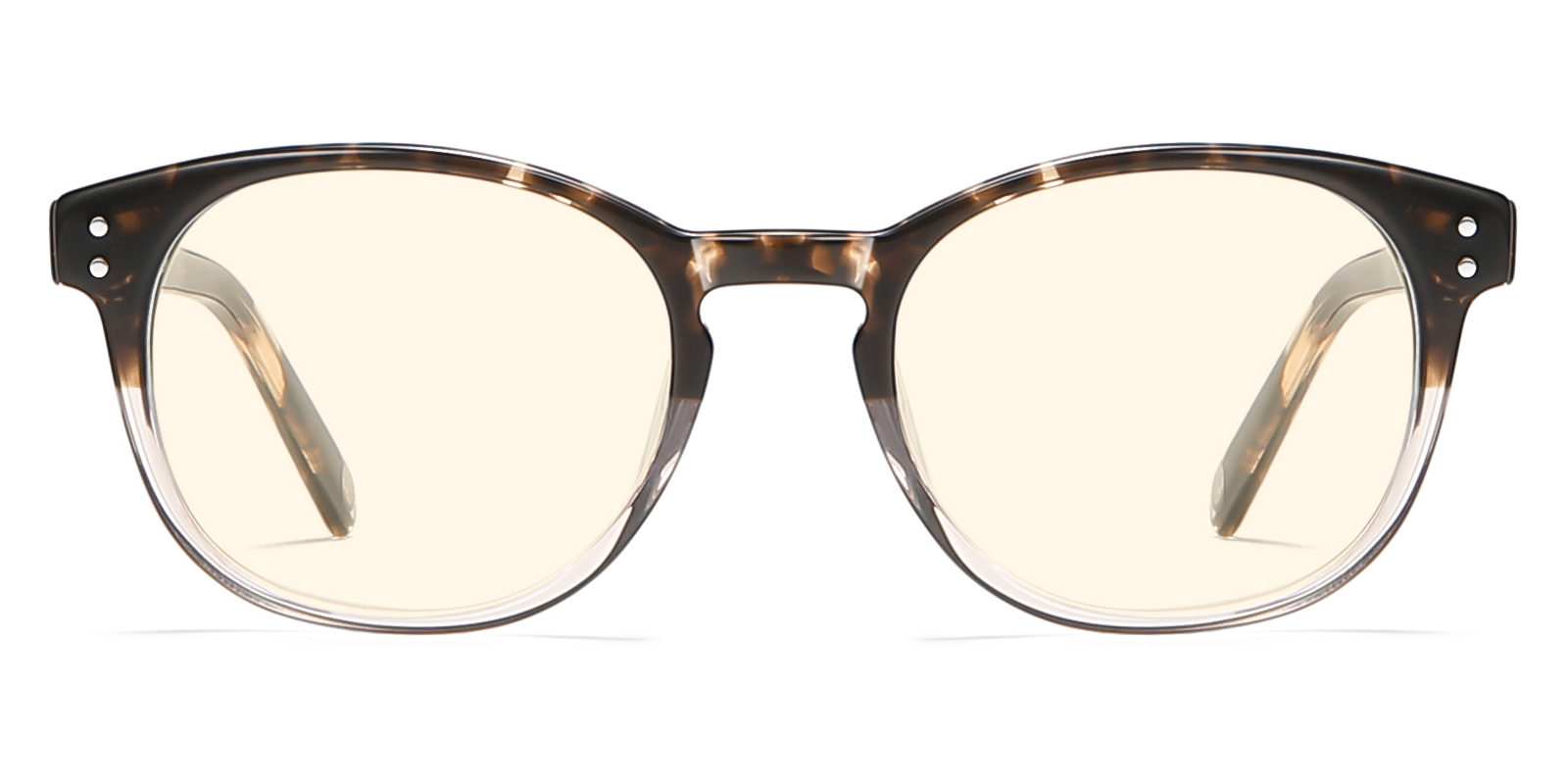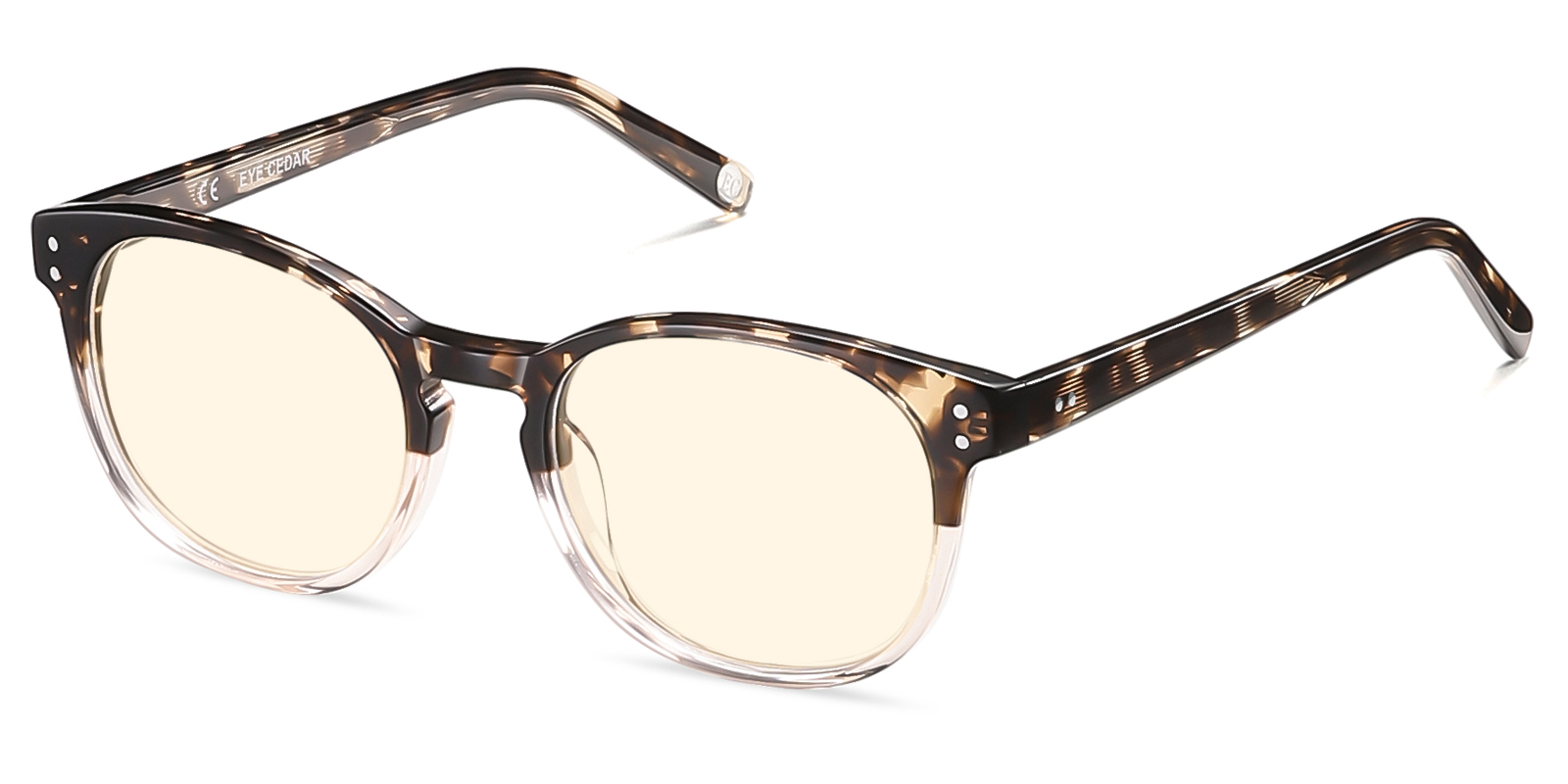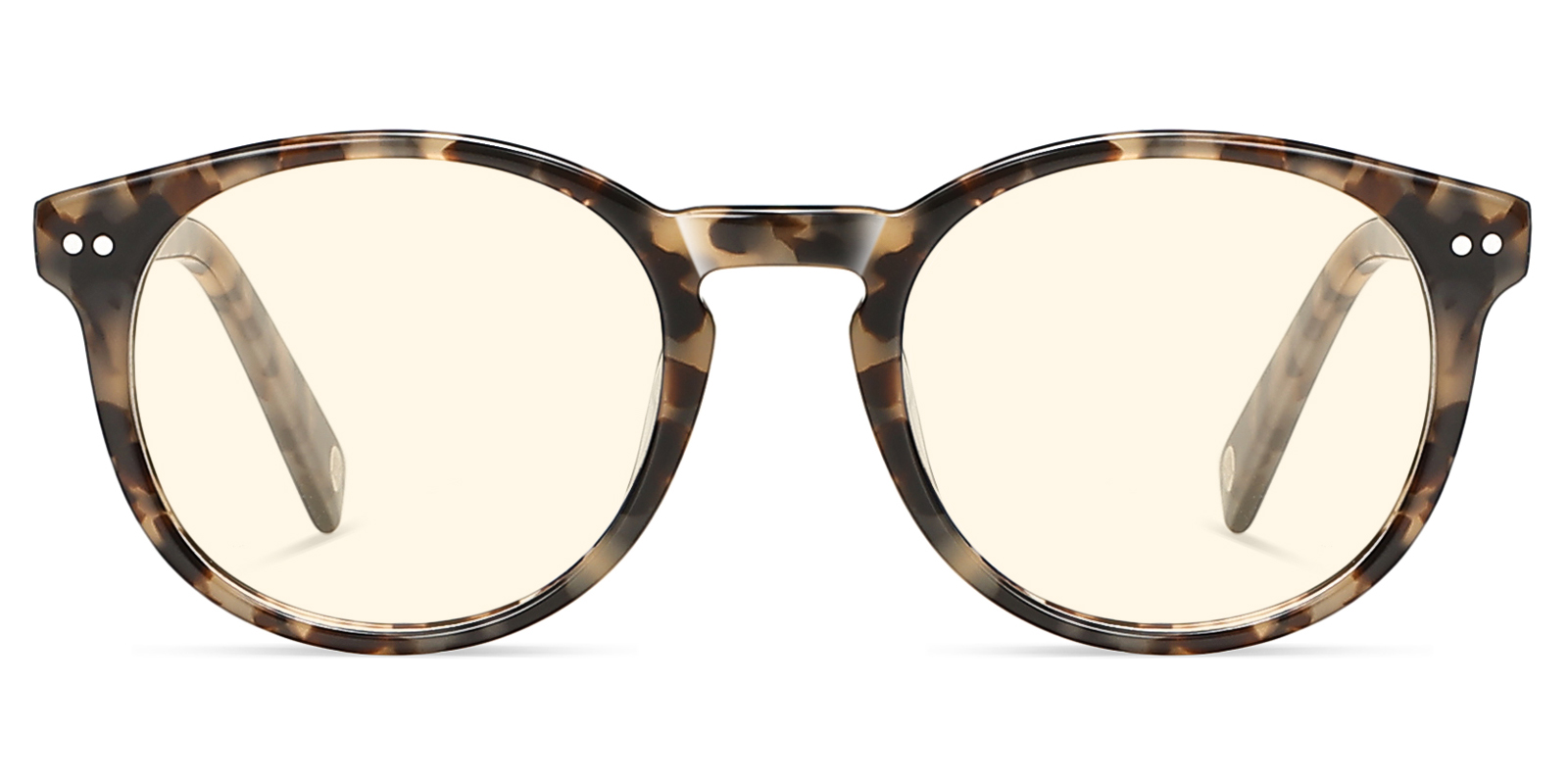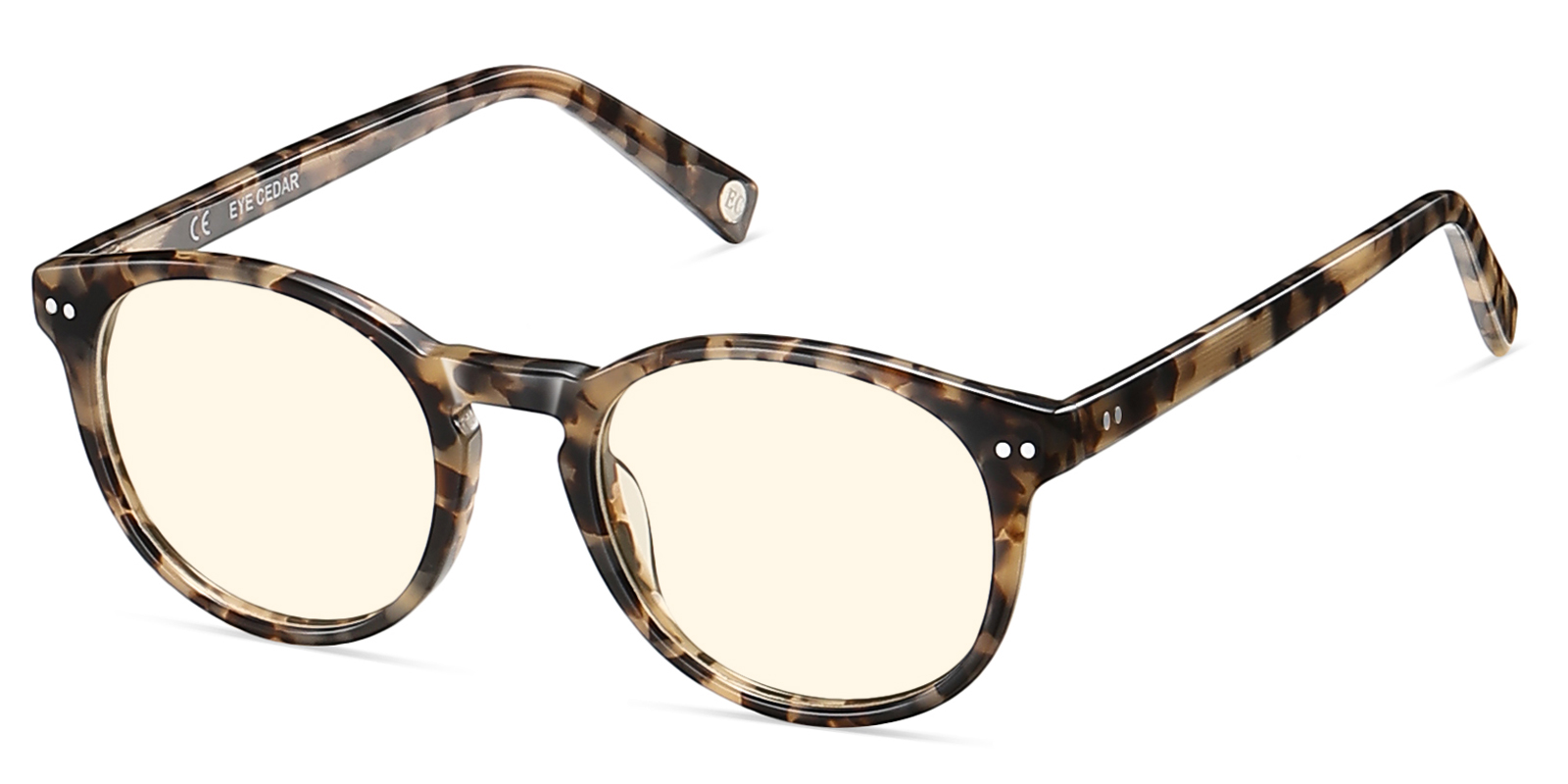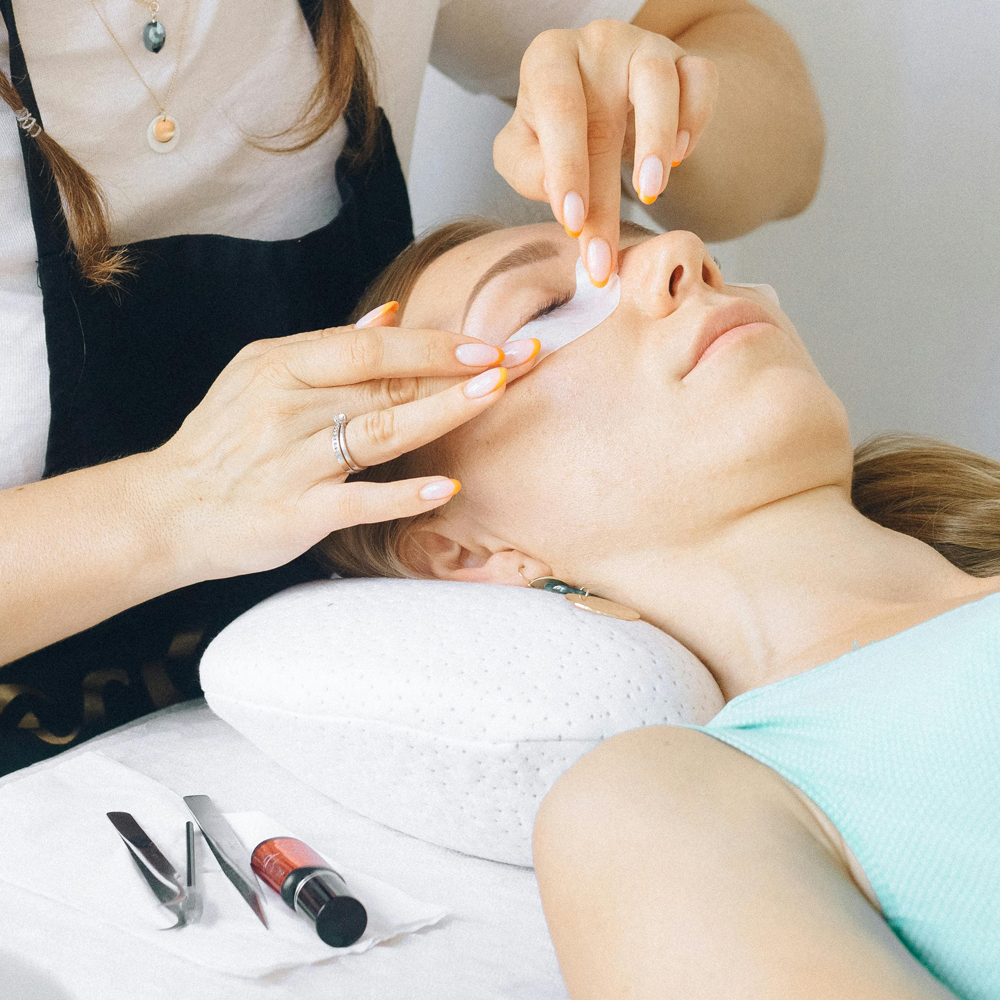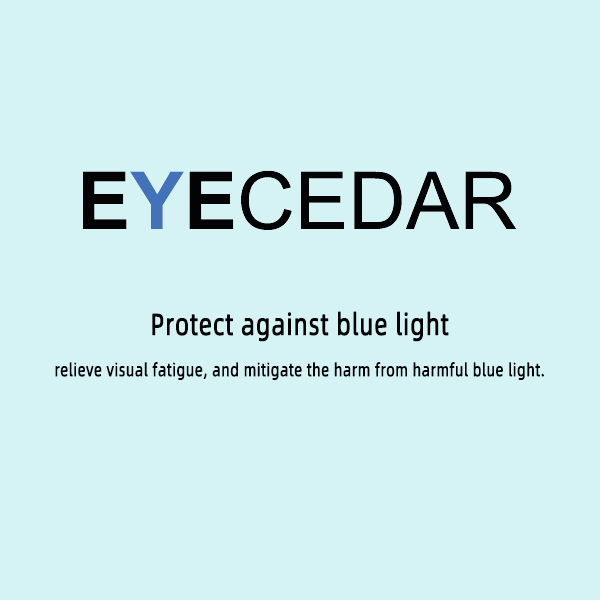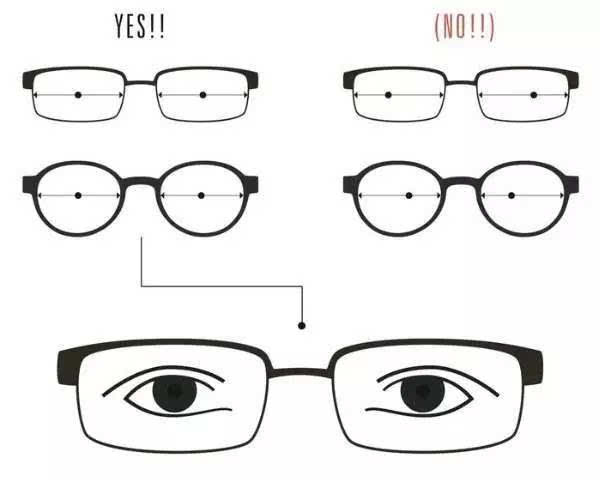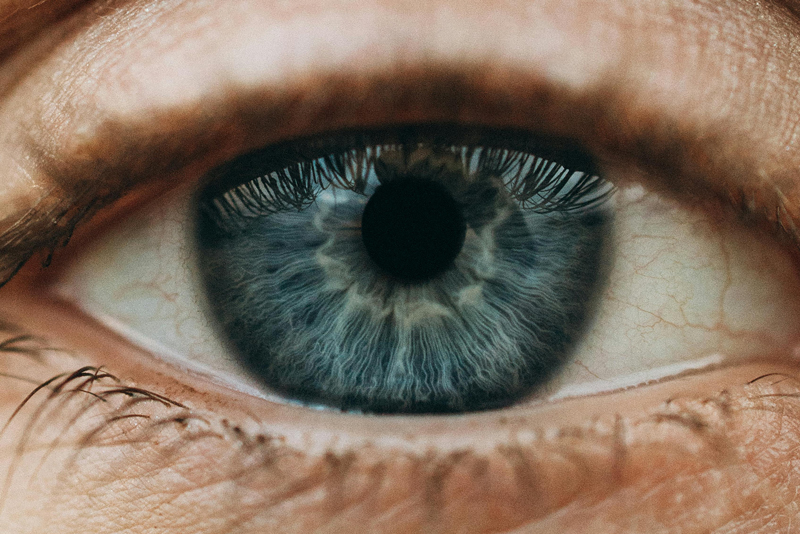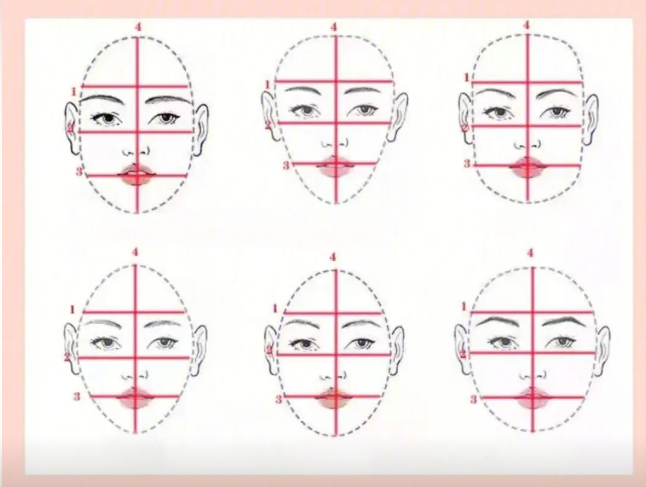In today’s digital age, most of us spend a significant amount of time in front of screens, whether for work, entertainment, or education. The widespread use of electronic devices has led many people to seek solutions to protect their eyes from the potential harm caused by prolonged exposure to blue light. One of the most common solutions is wearing blue light blocking eyewear. However, a recurring question arises: “Do non-prescription blue light protection glasses cause myopia?” In this article, we will explore this question by delving into the benefits and potential drawbacks of blue light filter glasses based on research and expert opinions, to provide a clear and thorough understanding.

Blue Light Glasses: A Tool to Alleviate Eye Strain
To understand whether non-prescription blue light glasses can cause myopia, we first need to understand their purpose. These glasses are designed to filter out a portion of the blue light emitted by electronic devices, such as smartphones, computers, and TVs. Blue light has a short wavelength and high energy, which can cause discomfort and strain on the eyes when exposed for extended periods. It is often linked to digital eye strain, which manifests as symptoms like dry eyes, blurry vision, and headaches.
Research from Harvard University highlights the importance of mitigating blue light exposure, as prolonged exposure can disrupt sleep patterns and cause eye discomfort. Blue light filter lenses serve as an effective solution to reduce these symptoms by blocking a certain amount of blue light from reaching the eyes, allowing users to experience less fatigue and discomfort while using their devices.
Do Blue Light Glasses Work? The Research Behind Their Effectiveness
When it comes to the question of “do blue light glasses work?,” scientific studies offer valuable insights. A study published in the Journal of Clinical Ophthalmology found that wearing blue light blocking glasses can significantly reduce eye strain and discomfort in people who use electronic devices for extended periods. The research suggests that wearing these glasses leads to a noticeable reduction in digital eye strain symptoms, making them an effective tool for managing eye discomfort associated with screen time.
However, it is essential to note that these eyewear solutions are not a cure-all solution. While they alleviate symptoms of eye strain, they do not directly impact refractive errors, such as myopia, nor do they prevent the development of other eye conditions. Therefore, blue light protection glasses can improve comfort but do not address the root causes of myopia.
Blue Light Therapy vs. Myopia
When discussing blue light therapy, it is important to distinguish it from the use of blue light glasses. Blue light therapy involves the application of blue light at specific wavelengths to treat eye conditions like macular degeneration. This therapeutic application is different from the use of anti-blue light glasses, which are primarily designed to filter out blue light from screens to reduce eye strain.
Studies have shown that blue light therapy can help treat certain eye conditions but does not have an adverse effect on vision health. Blue light filter glasses, on the other hand, simply help reduce eye strain caused by long exposure to electronic devices and will not cause myopia. These glasses are non-invasive and safe to use for extended periods.
Blue Light Glasses Benefits: More Than Just Eye Protection
The benefits of blue light glasses extend beyond alleviating eye strain. Research has demonstrated that these eyewear solutions can help improve sleep quality by blocking the blue light that interferes with the production of melatonin, a hormone that regulates sleep. According to the Journal of Clinical Sleep Medicine, exposure to blue light before bedtime can delay the onset of sleep and disrupt sleep cycles, leading to insomnia and poor sleep quality. By wearing blue light glasses in the evening, individuals can reduce this effect and promote better sleep.
Additionally, many users report that blue light blocking eyewear reduces the frequency of headaches and dry eyes, which are common symptoms of prolonged screen use. For people who work on computers or use digital devices for long hours, wearing these glasses can provide significant relief and improve overall comfort.
Blue Light Filter: The Key to Eye Protection
A blue light filter is a crucial feature of blue light glasses. This filter is applied to the lenses of the glasses and works by blocking a percentage of the blue light emitted from screens. The filter can vary in strength, and some glasses are designed to block up to 30% or more of the blue light. The blue light filter helps reduce the intensity of blue light reaching the eyes, thus reducing digital eye strain and discomfort.
According to a study published in the Journal of Optometry & Vision Science, wearing glasses with a blue light filter can significantly reduce symptoms of eye strain, especially in individuals who spend more than six hours per day using screens. The blue light filter essentially acts as a protective barrier, reducing the negative effects of blue light exposure on the eyes.
Factors Contributing to Myopia: Blue Light Glasses Are Not the Culprit
Now, to address the original concern: Do non-prescription blue light glasses cause myopia? The short answer is no. Myopia, or nearsightedness, is primarily caused by genetic factors, improper visual habits, and excessive close-up work. Myopia develops when the eye elongates or the cornea becomes too curved, causing distant objects to appear blurry.
Blue light blocking eyewear does not impact the shape of the eye or the focusing ability of the lens. They are simply designed to reduce eye strain caused by blue light exposure from screens. Studies conducted by the American Academy of Ophthalmology (AAO) confirm that blue light blocking glasses have no effect on the progression of myopia. The primary contributors to myopia include prolonged near-vision tasks and lack of outdoor activity, not the use of blue light filter glasses.
Conclusion: The Role of Blue Light Glasses in Eye Health
In conclusion, wearing non-prescription blue light glasses will not cause myopia. These glasses are designed to reduce eye strain, alleviate discomfort, and improve sleep quality by filtering out blue light. They can be especially beneficial for people who spend long hours in front of screens. However, they do not alter the underlying causes of myopia, nor do they prevent the development of refractive errors. It is essential to maintain healthy visual habits, such as taking regular screen breaks and engaging in outdoor activities, to prevent myopia and other eye conditions.
Thus, while blue light glasses provide relief from the discomfort caused by digital eye strain, they should be used as part of a broader strategy for eye health, which includes regular eye exams, proper lighting, and good posture during screen time.

References:
- Harvard Medical School. (2020). "The Effects of Blue Light on Health". Harvard Health Publishing.
- Journal of Clinical Ophthalmology. (2021). "Efficacy of Blue Light Blocking Glasses in Reducing Eye Strain and Improving Sleep Quality".
- American Academy of Ophthalmology. (2022). "Blue Light and Its Effects on Eye Health".
- Clinical Optometry Journal. (2021). "Blue Light Therapy for Eye Protection and Its Implications".
Note: Thanks to Pexels for providing image support!



